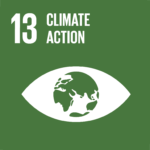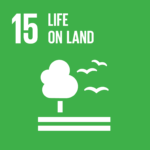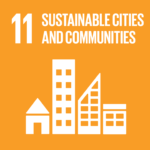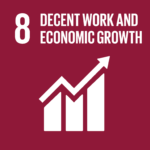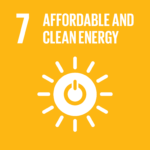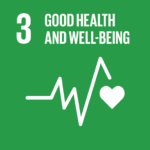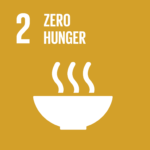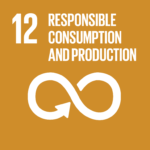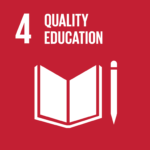Geosciences are foundational to achieving the SDGs because they provide methods, tools, and technologies that can be applied to finding practical solutions to major problems facing our planet and its population. “Geoscience in Action: Advancing Sustainable Development” is a special report co-published by the American Geophysical Union (AGU) and UNESCO demonstrating how geoscientists’ knowledge, skills, and competencies can be used to advance every one of the SDGs.
Relevant SDG’s
